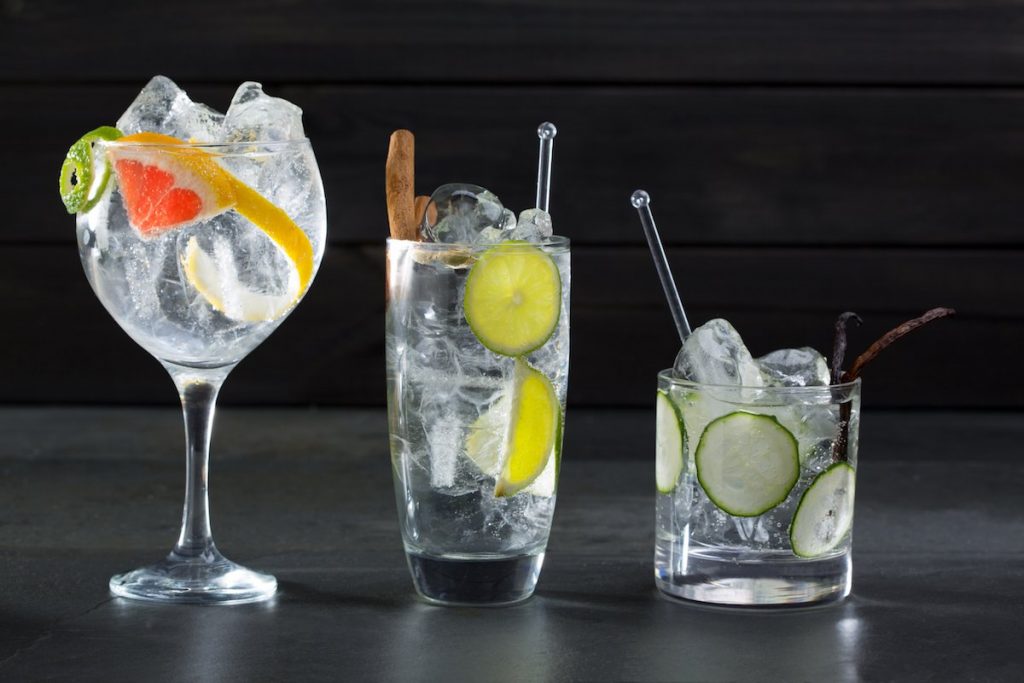Is Your Sparkling Water Harming Your Teeth?

As Australians have become aware of the dental and health risks associated with drinks overflowing with sugar and chemicals, their consumption of them has dropped.
Over the past few years, 10% of Australians have drastically reduced or stopped drinking colas and juice.
One result of this drop in consumption of highly sugared beverages is that consumers seem to enjoy a broader range of drinks.
This doesn’t mean Australians drink less liquid, as hydration is vital to a healthy daily life.
After all, the human body is about 60% water (with higher levels in organs such as the brain and heart).
Many doctors suggest drinking up to 2 litres of water daily for perfect health.
As part of this trend, some Australians have turned to sparkling water.
However, if you are considering switching to sparkling waters, you may have heard the claim that sparkling water may be bad for your teeth, leading you to ask, “Are sparkling waters safe for me?”
The good news is that Passion Family Dental North Lakes has answers, and the answers are pretty positive!
What is the potential threat of sparkling waters?
The problem is potential damage from acids that come into contact with your tooth enamel.
Most carbonated drinks (including sodas and flavoured beverages) can damage your teeth by depressing your mouth’s pH, making your mouth more acidic (The lower the pH, the more acidic the substance).
A reduced pH in the mouth can lead to hastened removal of minerals from your teeth, leading to cavities and other dental issues.
Let’s dive into pH levels:
- Your mouth has a pH of about 7.4
- Pure water has a pH level of 7
- Bottled water has a pH level of 5-7
- The pH level of sparkling flavoured water is generally between 3 and 4
- Sodas can be as low as 2
This lowered pH might cause problems, and sparkling waters come between 3 and 6, depending on various factors.
What do scientists say?
According to the Australian Dental Association, sparkling water is safe as its acidity is insufficient to demineralise teeth.
According to Dr Peter Alldritt of the Australian Dental Association, enamel erosion takes place slowly, and saliva defends against it with enzymes and buffers that quickly return the PH level of your mouth to normal.
While some studies have linked sparkling water to erosion, the risk is minor because the circumstances in the studies are artificial and extreme, with teeth immersed in carbonic acid for unrealistic periods.
Professor David Manton at the University of Melbourne’s Melbourne Dental School summarises the general dental consensus by saying, “[carbonated water is] generally safe for teeth as long as it is drunk in moderation”.
The vast majority of dentists agree that the best beverage is water that contains fluoride. However, sparkling water presents minimal risk and is far smaller than many other choices.
What you can do to be extra safe
Here are some tips from Passion Family Dental North Lakes:
- Be aware of additives in your sparkling water. Citrus-flavoured waters, for example, often contain higher acid levels (the flavouring is based on citric acid) that can increase the likelihood of enamel damage.
- Sparkling water brands with added sugar are no longer just sparkling water. They are sugar-sweetened drinks, like sodas and juices, and therefore can increase the risk of cavities. Sparkling water or not—plain water is always the optimal choice.
- If you drink sugary or flavoured sparkling waters, have them all at once or with a meal. By doing this, you stay away from sipping all day and repeatedly exposing your teeth to the higher levels of sugar and acid they contain. Another good strategy is to use a straw when drinking these kinds of liquids, as a straw quickly moves the drink behind your teeth and down your throat.
- Rinse with regular water after drinking sparkling water. If it is flavoured, don’t brush your teeth immediately after drinking; wait at least 30 minutes and then brush.
What are enamel erosion warning signs?
Signs of erosion include tooth sensitivity to hot or cold foods.
You may also notice that your teeth become yellower or darker; as the white, shiny enamel wears away, it exposes the darker dentin — the tooth’s main structure.
Call us if you see any evidence of this, and we’ll take a look!
The Passion Family Dental Answer!
Passion Family Dental North Lakes believes that providing high-quality dental care can only be accomplished by placing our customers first.
We have free parking available on-site, as well as on-street parking.
We are wheelchair friendly!
Call us on (07) 3465 1199 or visit us at Unit 4/6 Endeavour Boulevard in North Lakes.
